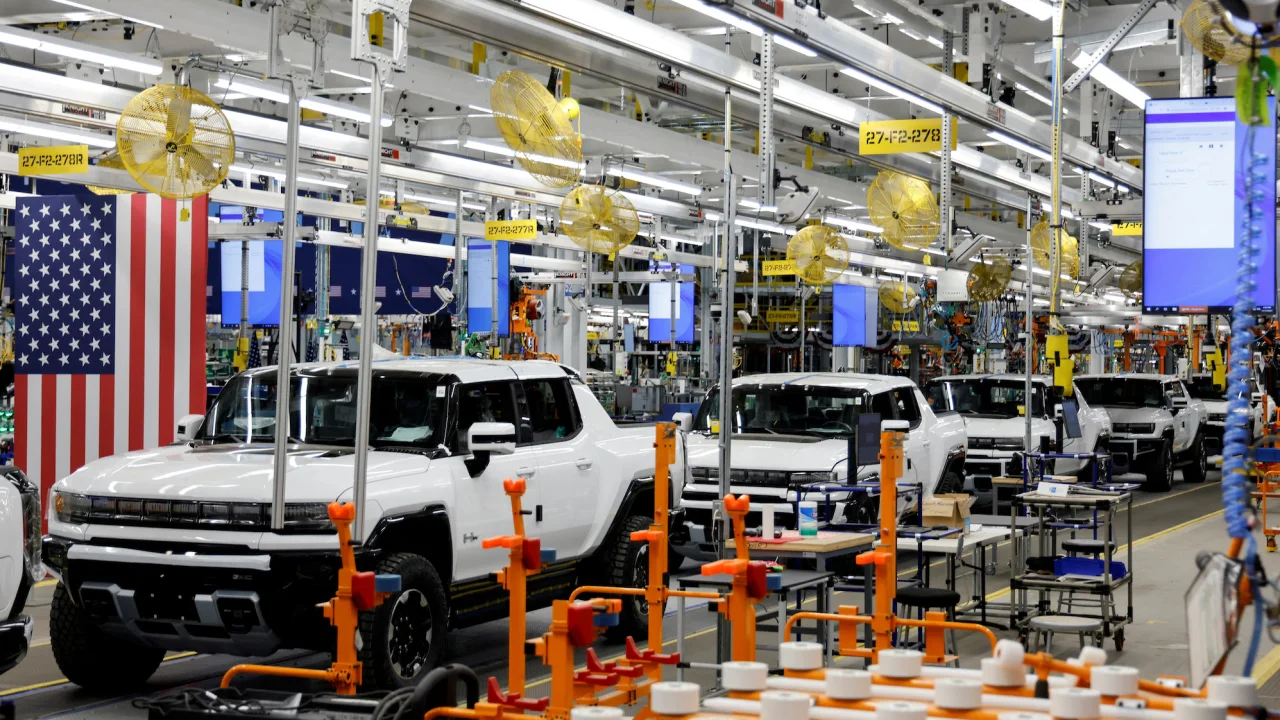UAW members approve possible strikes at GM, Ford and Stellantis

The United Auto Workers union is preparing for possible strikes at the nation’s three unionized automakers next month, as it tries to win back many of the concessions it lost more than 15 years ago and protect members during the transition to electric vehicles in the years ahead.
General Motors, Ford, and Stellantis, the company that sells Ram, Dodge, Jeep, and Chrysler vehicles, concluded strike votes Thursday among about 145,000 UAW members. Results will be reported by the union around 11 am ET on Friday. There is generally a majority vote in favor of strike authorizations.
All three automakers will not strike as a result of the vote. If union leadership is unable to reach a deal with management before a contract expires, they can call a strike. In advance of a strike deadline, it is a common negotiation tactic. It is important to note that most labor negotiations end with an agreement, not a strike, despite a recent increase in strikes across the US.
September 14 is the expiration date of all three contracts with automakers.
Union President Shawn Fain and the UAW have set ambitious goals for this year’s negotiations. Since all the companies were reporting massive losses and GM and Chrysler were less than two years away from bankruptcy and federal bailouts, the UAW wants back contract provisions it gave up in 2007.
One of those concessions was the end of a traditional pension plan. From 2007, new hires received only a 401(k) plan, not a retirement plan that paid them a set amount every month after retirement. Retiree health care coverage was also lost to new hires. It is also common for new hires to be paid less than veteran employees, at least initially.
To protect workers from inflation, the union also wants cost-of-living adjustments to be reinstated.
Moreover, Fain has proposed an increase of about 40% over the life of the contract, which he said would be comparable to the raises recently received by automakers’ chief executives.
